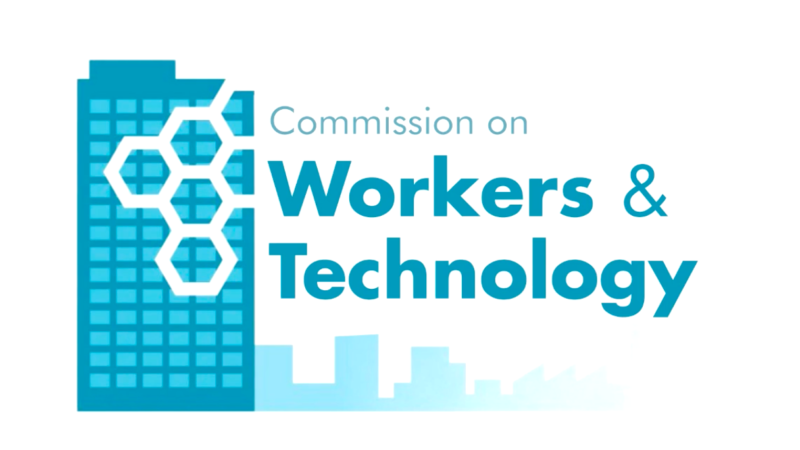
In 2017, neither main political party made any reference in their manifesto to how they would help workers navigate automation. While the UK government dedicates its attention to Brexit, we edge closer to a technological revolution that is accelerating faster than any previous industrial revolution. Figures on job displacement may be debated but there’s no doubt the way we live and work will change.
A recent World Economic Forum study predicted that technology will have an overall positive effect on job numbers, creating more than are displaced – but unless governments are prepared for this change, communities that were left behind before will be left behind again. There is a version of this future that leads to a better working life for all: technology has the potential to lift many low-paid workers out of poverty pay. But it must be fought for. We need a new social contract to ensure that regional disparities of wealth and opportunity are not widened.
Community was founded by manufacturing unions, and our members’ communities still feel the consequences of mass industrial job displacement from recent decades. Roy Rickhuss, Community’s general secretary, has always said the union should constantly adapt to the changing world of work. Today we face a looming technology revolution that could either go their way or against them. Determined to ensure our members can benefit from change, Community asked the Fabian Society to work together on tackling the challenges posed by this revolution.
This is why the Fabian Society and Community established the Commission on Workers and Technology last year. Chaired by Yvette Cooper MP, it will determine what must happen to make new workplace technologies an opportunity for workers between now and 2030. What sets this project apart from other work in this space is that we are taking a ‘worker’s eye view’ of technology change: the experiences and views of typical workers are at the heart of this research. We will focus in particular on the automation of existing job tasks, and we are looking in granular detail at case-study occupations and sectors.
The commission will explore three key areas. First, what it will take to create good jobs. Labour-saving technology can be both used to de-skill job roles or to create rewarding high-value work augmented by technology. The commission will examine how to maximise the prospects for more secure, high-quality jobs, looking at the interventions required at workplace, sector and national level.
Second, it will look at how workers will deal with change. Most of the 2030 workforce is already in work so the commission will examine how to prepare current workers and make them resilient to technology change. It will examine the support and training required to help workers thrive in changing job roles and to make successful transitions to new jobs or sectors.
Third, it will be essential to assess the role industrial partnership will play as technology change unfolds over the next decade. The commission will examine how government, trade unions and employers can work positively together both to shape good jobs and to support workers through change. It will ask what unions must do to support innovation and to ensure that no one is left behind, and what employers who are automating must do to take their workers with them and give them a strong voice.
As the commission progresses, Community will put the commission findings into practice, implementing solutions directly with workers and working with employers to put in place systems that protect and promote a better working world. And in early 2020, the commission will report with proposals for government policy, as well as recommendations for employers and trade unions. We’ve established this commission to present workers with a vision and viable path through this change. Community won’t stand by whilst politics fails to prepare people for automation. It is incumbent on our political leaders to see through the haze of Brexit to do the same.
Lauren Crowley is an associate fellow of the Changing Work Centre who works on automation and technology at Community.
You can read more about the commission here, and find out how to submit evidence here.




More from LabourList
Nudification apps facilitate digital sexual assault – and they should be banned
Diane Abbott suspended from Labour after defending racism comments
Labour campaign groups join forces to call for reinstatement of MPs